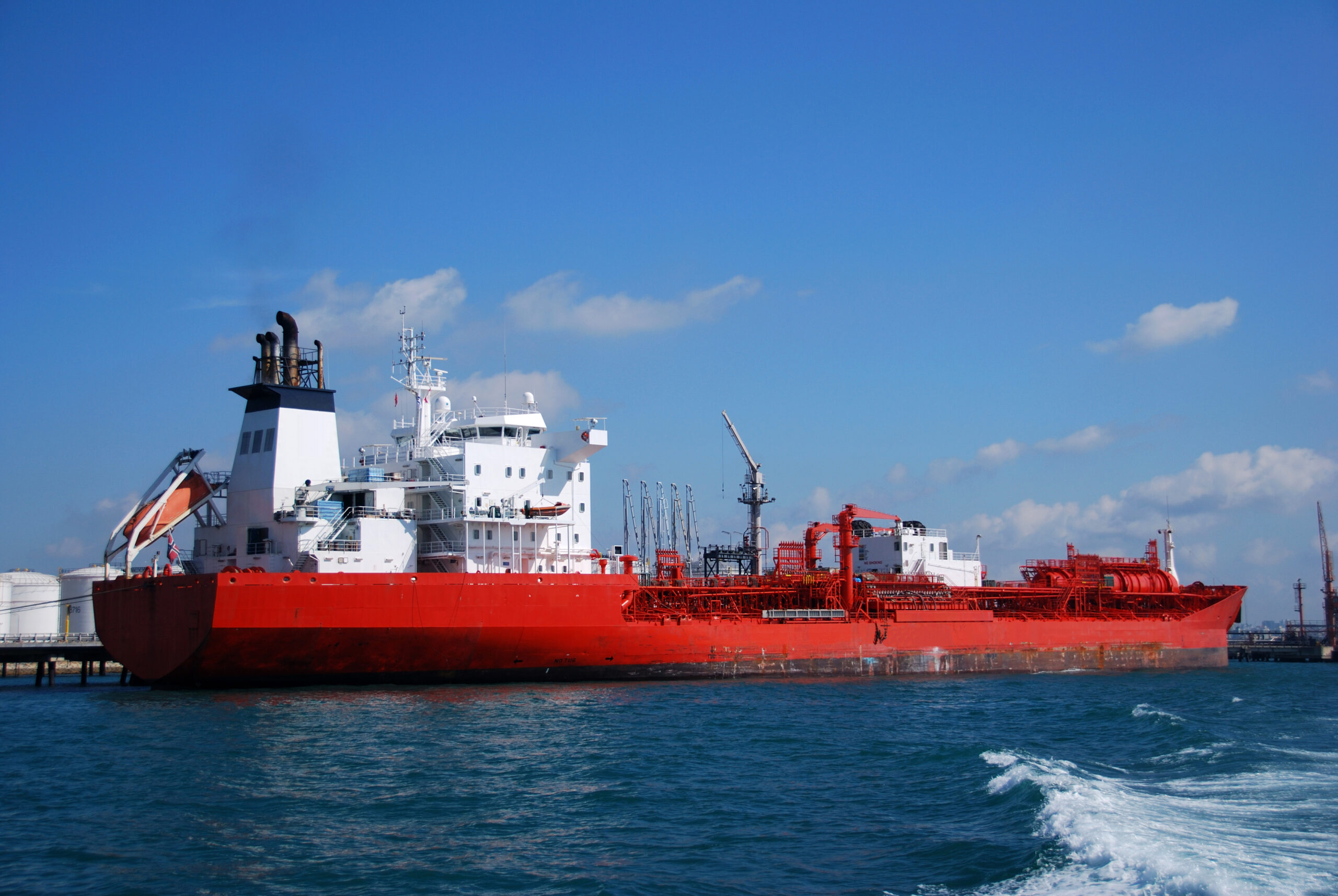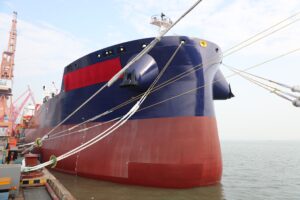London’s Baltic Exchange enters the chemical tanker market with new chemical and agricultural oil freight assessments. The idea is to meet the evolving needs of the maritime freight market with the chemical and agricultural oil assessments.
The aim is to bring its expertise and benchmarking data to the chemical and agri-oil shipping sectors.
The Baltic chemical and agricultural oil assessments (BCAA) will be produced on a weekly basis as of February 2025.
The assessments are designed to serve a segment of the freight market across owners, charterers, brokers and trading companies that is increasingly demanding key freight data and sector benchmarks, Baltic Exchange said, on a more regular basis to make more informed financial decisions.
The BCAA will offer insights into a series of trade routes covering “easy-chemicals” like benzene, biofuels, and caustic soda, as well as vegetable oils.
“By expanding into the chemical and agri-oil sectors, we are offering the freight market much-needed benchmarks for these specialised industries,” said Mark Jackson, CEO of Baltic Exchange.
The trade routes covered by BCAA include EC11: Northwest Europe to US Gulf. EC22: Middle East Gulf to West Coast India. EC23: Middle East Gulf to China. EC34: US Gulf to Far East. EC35: US Gulf to Northwest Europe. EC36: US Gulf to Brazil. EC43: Singapore to China. EC52: Korea to West Coast India. EC57: Korea to Singapore. PO45: Singapore Straits to Northwest Europe. VG62: EC South America to West Coast India.
The BCAA is the latest in a series of new products from Baltic Exchange as it recently launched the Baltic Know-Your-Customer (KYC) Platform, and the FuelEU Maritime Calculator.
“Unlike traditional freight indices, chemical tanker operations are highly complex, involving multiple unrelated cargoes with very specific but diverse stowage and handling requirements. However, the chartering market has now become sufficiently mature for us to develop a reference price for these key trade lanes,” added Mark Jackson.



